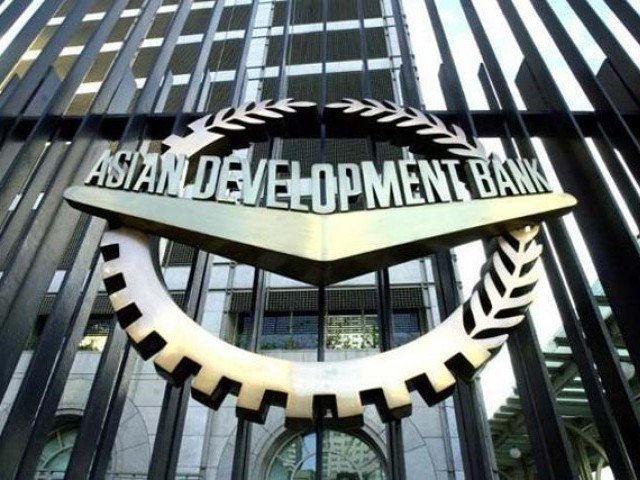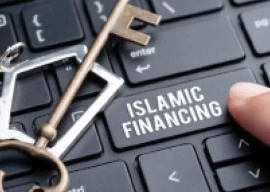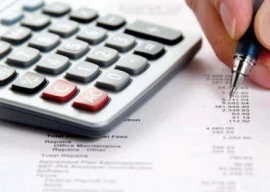
If the ADB’s claim is true, it raises questions over the government’s claim of a huge improvement in the energy sector.
The PTI government has brought improvement in the energy sector as compared to what the Pakistan Muslim League-Nawaz (PML-N) government had left behind.
Government’s efforts and timely subsidy payments have slowed down the flow of circular debt from Rs38 billion per month in August 2018 to Rs21 billion in August 2019, stated an ADB report which became the base for approval of a $300-million energy-sector policy loan by the ADB board on Friday.
The report has been shared with the ADB president and its board of directors. If one goes by the ADB’s findings, the federal government seems to have exaggerated its performance, which can severely dent the credibility of the Ministry of Energy.
On August 28, Special Assistant to the Prime Minister on Petroleum Nadeem Babar said “the government has reduced the monthly circular debt to a single digit due to effective policies”. Similarly, while speaking at a press conference on October 3, Federal Minister for Power Omar Ayub said during the tenure of PML-N government, the circular debt was rising by Rs38 billion per month but “it has now been reduced to Rs10-12 billion per month”.
Last month, The Express Tribune asked Nadeem Babar about the reasons behind the different claims made by the government and international creditors. Babar replied that the reason behind the different numbers were different base months.
However, following the release of ADB report, it is now evident that the ADB and the government were not taking different months into account for reporting the circular debt.
The ADB has acknowledged Rs89 billion on account of efficiency improvement and an anti-theft programme since November 2018.
Pakistan and the ADB have agreed on a three-year energy-sector reform programme in return for a loan of $1 billion, which will be disbursed in three tranches subject to fulfillment of prior conditions. Some of the conditions have already been met including a quarterly increase in electricity tariffs, which paved the way for approval of the first tranche of $300 million on Friday.
The ADB noted that between fiscal year 2019-20 and 2021-22, a declining GDP growth rate with an average of 3.3%, coupled with a rising inflation on average of 9.1%, would continue to constrain government finances. The government’s external financing needs were expected to be $29.9 billion in the current fiscal year and continue to increase by 2024, it added.
The ADB stated that the total amount of circular debt was a threat to the economy and the immediate priority was to stop further accumulation, or the flow, of circular debt and subsequently address the stock reduction.
As a result of tariff notifications in 2019 after a hiatus of three years, the government will recover an additional Rs470 billion from the electricity consumers. The tariffs are now based on the new uniform tariff mechanism according to amendments to the National Electric Power Regulatory Authority (Nepra) Act, which incorporates budgeted subsidies and cross-subsidisation among distribution companies to help control sector deficits.
After the International Monetary Fund (IMF), the PTI government has also committed to the ADB that it will surrender the executive powers to notify the increase in electricity tariffs by amending the Nepra Act.
The deadline to submit the draft bill to parliament is the end of current month.
By amending the Nepra Act, the increase in electricity tariffs will be done through an automatic mechanism to update power generation costs in tariffs in each quarter without a government notification, according to the ADB report.
Generation costs accounted for more than 75% of end-user tariffs currently and the automated mechanism would prevent the backlog of system costs even if tariff notifications were delayed, it added.
In order to secure the next loan tranche of $300 million, the PTI government has promised the ADB that electricity tariffs for fiscal year 2020-21 will be finalised before the start of the year in July 2020. The PTI government has also assured the ADB that the accumulation of circular debt will be kept below Rs120 billion in the current fiscal year, which means that prices will be raised further as the flow still remains above Rs12 billion a month.
Another condition for the next tranche is that Pakistan will have to secure the approval of Council of Common Interests (CCI) for the National Electricity Policy 2019 and the Integrated Energy Plan.
Published in The Express Tribune, December 8th, 2019.
Like Business on Facebook, follow @TribuneBiz on Twitter to stay informed and join in the conversation.

















COMMENTS
Comments are moderated and generally will be posted if they are on-topic and not abusive.
For more information, please see our Comments FAQ